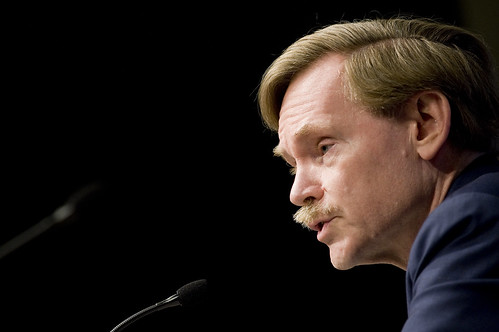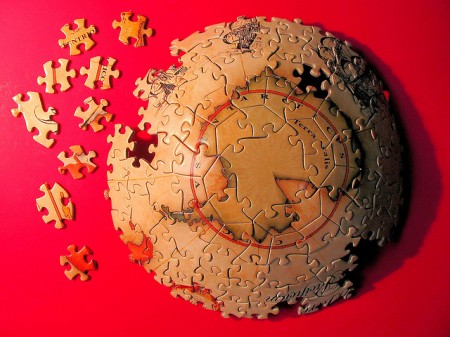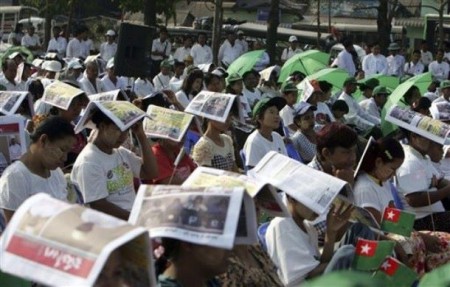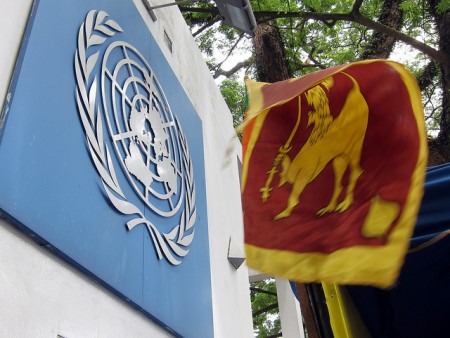
The post‑World War II “hub-and-spoke” alliance structure has served the United States and its allies well for the past six decades. Yet the transnational nature of current Asia-Pacific security challenges highlights the limitations of bilateral US‑ally relationships to handle regional security threats, traditional or not. Success demands that the US and its allies work with each other in a networked manner. This is not to suggest “NATO for Asia,” but it is time for an informal Alliance Caucus.
A Caucus of the US and its regional allies (Australia, Japan, the Philippines, the ROK, and Thailand) could provide – initially as informal knowledge-sharing gatherings alongside international forums – an opportunity to creatively address concerns relevant not just to the US and its allies, but to the region as a whole.
This proposal is not without precedent. The UN has a multitude of caucuses, informal and formal, where likeminded countries coalesce around shared visions of specific interests. East Asian governments for years have sought a caucus in APEC; they now seek a similar group in the G-20.




